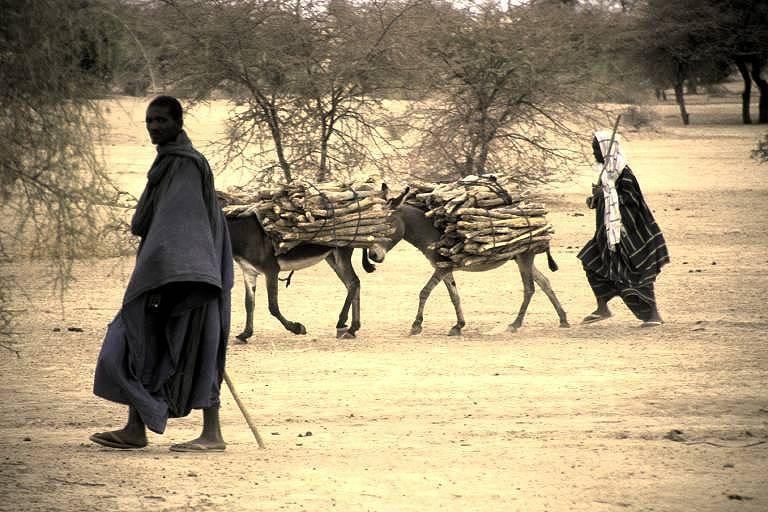Early human settlements were dependent on proximy to water and other natural resources. Because of opportunities, they gradually settled elsewhere, went into societies and communities, organized states and laws, created highest levels of thoughts and strived for justice, peace and happiness. By the time it has appeared that in general liberal democracy, humanistic principles, and the economic ideology of capitalism / the holistic model of eco-social market economy will provide as best for man to meet the broadest needs of the people. |

